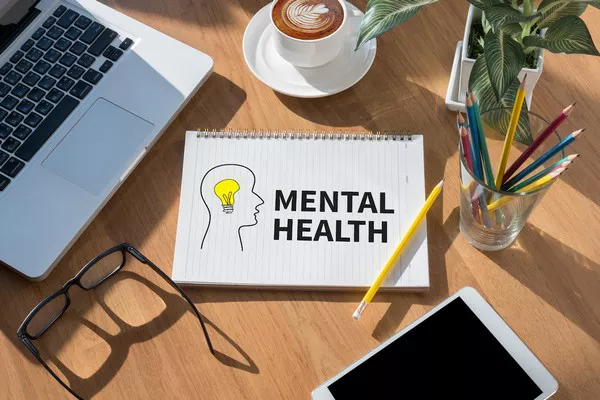Mental healthcare in England has reached a state of “national emergency,” according to NHS (National Health Service) leaders, who contend that overwhelmed services are struggling to handle a significant surge in individuals seeking assistance post-Covid.
The strain on mental health services is so severe that thousands of people experiencing mental health crises are being admitted to acute hospitals each year, even though these facilities are ill-equipped to address their needs.
Hospital administrators argue that mental health has been “neglected” by the government, which is prioritizing addressing the record 7.7 million care backlog, improving access to GPs, and dealing with ongoing NHS strikes.
Matthew Taylor, CEO of the NHS Confederation, stated, “Mental health has slipped down the government’s set of priorities and patients and services are being forgotten. This is a national emergency which is now having serious consequences across the board, not least for those patients in crisis.”
Evidence collected by the NHS Confederation from NHS trusts in England indicates that some mental health patients are in such poor health that they must be admitted to acute hospitals due to a lack of available beds in specialized psychiatric facilities or other forms of help.
“People are coming to A&E and having to wait very long periods of time either to be admitted or found the right package of care for those needs in the community,” Taylor explained. “NHS leaders say that this is now leading to thousands of patients being admitted to acute care beds when this may not be the right clinical setting for them and risks their mental health deteriorating further as a result.”
A historic lack of investment in community mental health facilities and supported housing options means that there is often nowhere else for people to be referred to quickly enough, leaving admission to an acute bed as the only viable option.
Individuals experiencing a mental health crisis can spend up to 50 hours in A&E due to limited NHS support for them outside of hospitals, the NHS Confederation reported.
However, acute hospital administrators express concerns that their staff, primarily trained in managing physical illnesses, may not be well-equipped to address the needs of individuals experiencing severe episodes of conditions like depression or psychosis.
The NHS Confederation’s intervention follows admissions by NHS England’s national mental health director that services are severely understaffed and psychiatric hospitals are continuously operating near capacity due to overwhelming demand.
Claire Murdoch, the national mental health director, stated, “A lot of services are still struggling with staffing.” Mental health nursing posts are vacant at a rate of one in five, and mental health trusts rely more heavily on locum doctors than any other area of NHS care.
NHS England has postponed the introduction of new waiting time targets in mental health care for two years due to concerns that staff shortages will prevent their delivery.
A spokesperson for the Department of Health and Social Care stated, “We’re transforming our country’s mental health services and investing an additional £2.3bn annually to expand services so an extra 2 million people can get support.”
The £2.3bn funding was announced in 2019, prior to the additional pressures placed on mental health services by the pandemic.
“Our workforce plan sets out the ambition to grow the mental health workforce by 73%, and in December 2022, there were 9,000 more mental health staff than the previous year,” the spokesperson added.


